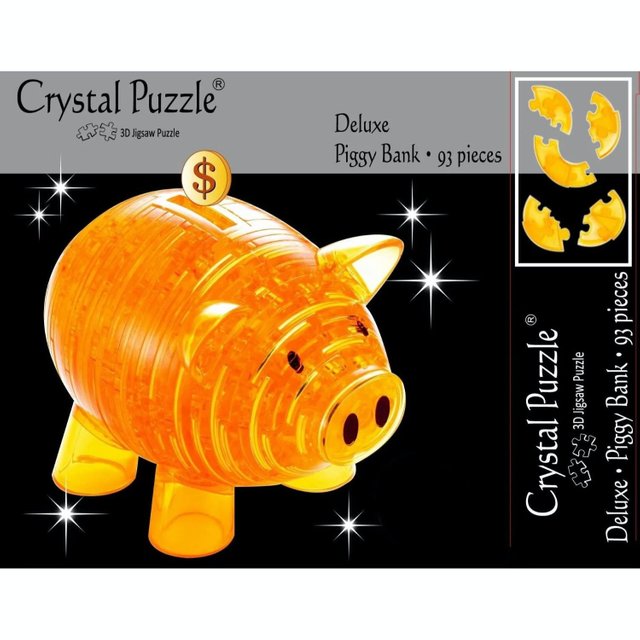Puzzles such as maps and wooden board games are not only good for developing your kid's brain but also less expensive. They help your kid take some time away from the Television and computers and keep their minds busy with a healthy source of entertainment for a few hours. They can challenge their young brains while helping them to relax. They are also reusable, so the children can keep them to play repeatedly or swap them with friends. Also, puzzles can be easily found online.

Here are some ways how puzzles can help early child development:
1. Coordination of hand and eyes
Puzzles stimulate kids to develop their hand-eye coordination. The ability to coordinate what the eye sees and the mind wants to do and what the hands can achieve requires a lot of practice. Kids learn to create a relationship between their eyes-hands and brains. Kids also imagine how the puzzle should look when it is complete, and their hands and eyes work together to achieve the end goal.
2. Develop Motor Skills
Puzzles help children enhance their fine as well as gross motor skills. They get strength in their finger muscles to capture things and hold onto them. This results in the capability to hold onto pencils and crayons.
3. Cognitive Skills
Puzzles give children a chance to remember shapes and patterns, which helps to increase their memory retention. Therefore, you can use Puzzles like Australia Map to develop or increase cognitive skills and also gain the ability to think abstractly. When kids see an empty space where a puzzle piece can fit, they have to figure out what type of shape is needed to fill that space. Puzzles are also mostly used when working with children who have autistic as a playful tool to increase speech and cognitive development.
4. Self Correcting and problem solving
Solving problems needs creativity and patience. Puzzles are often about finding different ways to solve problems. They encourage kids to think critically to find the right pieces, as with puzzles, because there are no shortcuts. If a piece does not fit, they can't fit it by cheating. They know how to self-correct; if the piece doesn't fit into a particular space, they need to pause and figure out where that particular piece should fit. The act of changing each piece and turning it, as well as testing the fit, is great work in problem-solving.
5. Concentration and Patience
Completing a puzzle needs kids to focus for long periods. They have to take their time to see how particular pieces will fit, which encourages concentration and patience skills, both of which are needed later in life. Remind them that finishing a puzzle from start to end is not always easy on the first attempt; they may have to repeat this a few times before they find the right fit for all the pieces.
At https://curiouskidzz.com.au we have Hinkler Puzzle bilities Australia Map. Visit our website to buy now!
